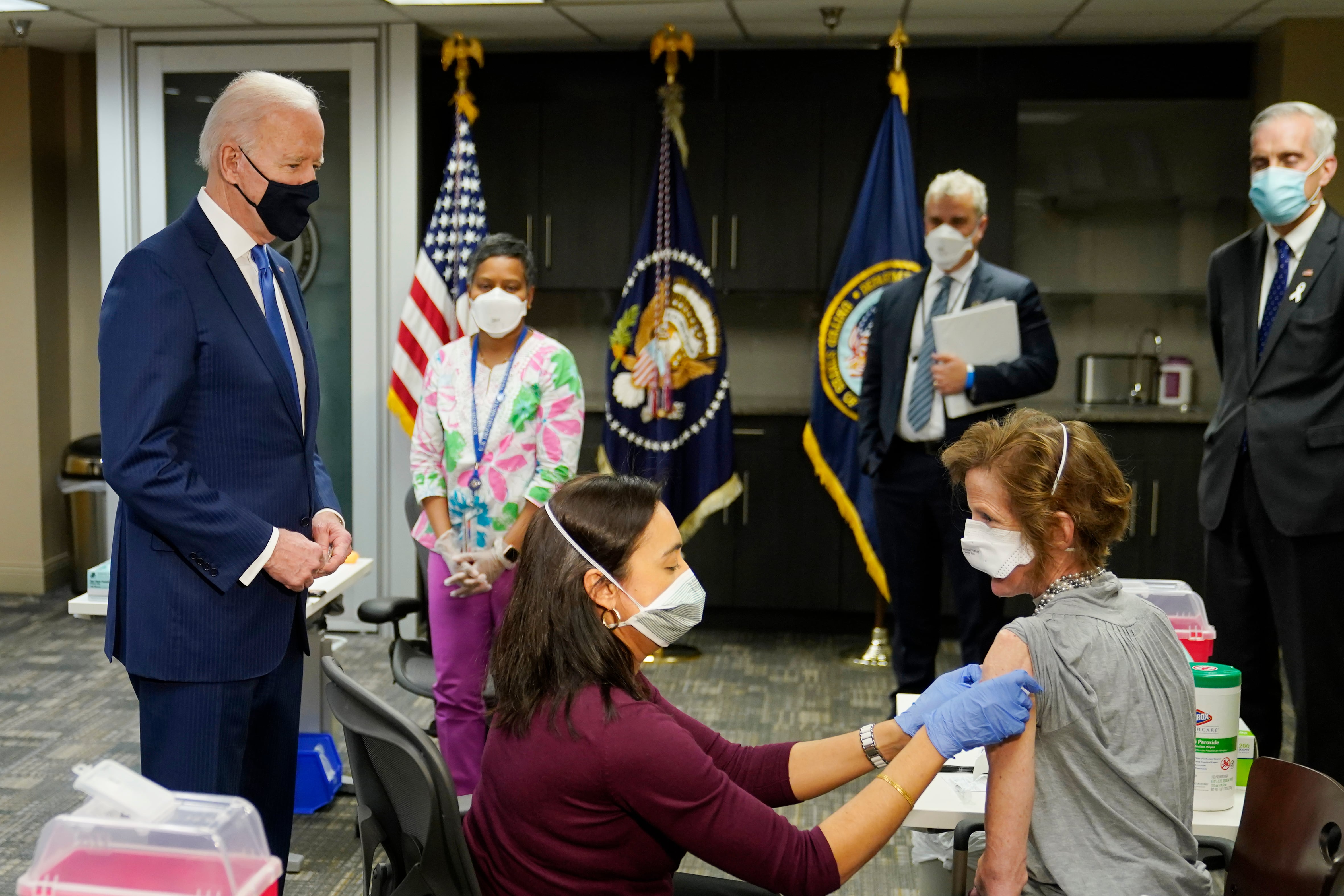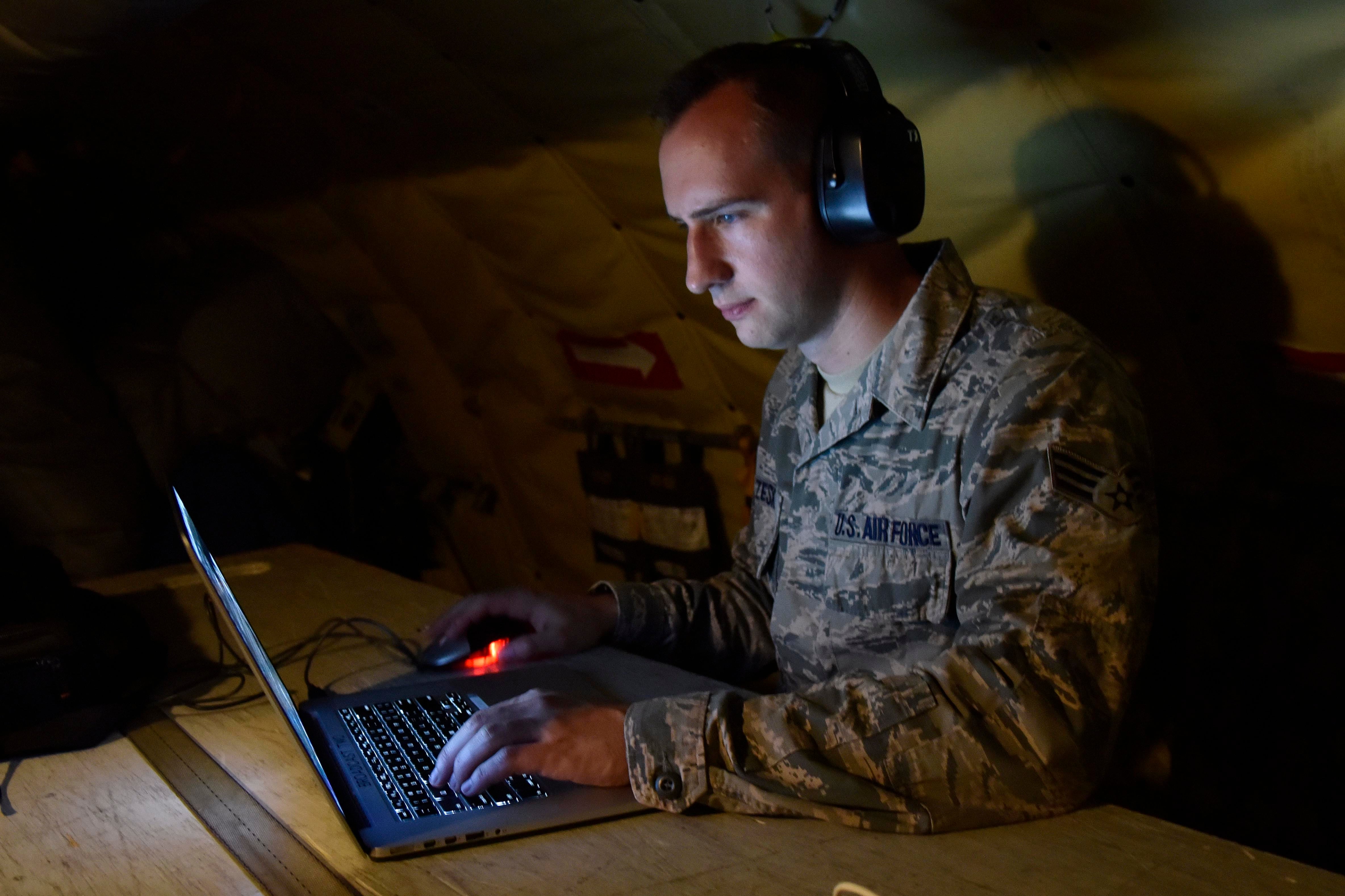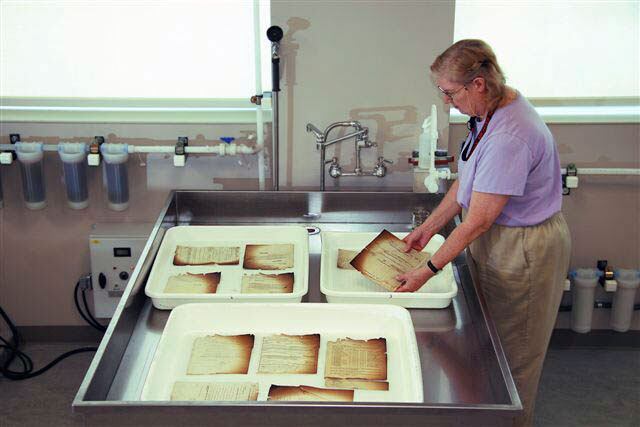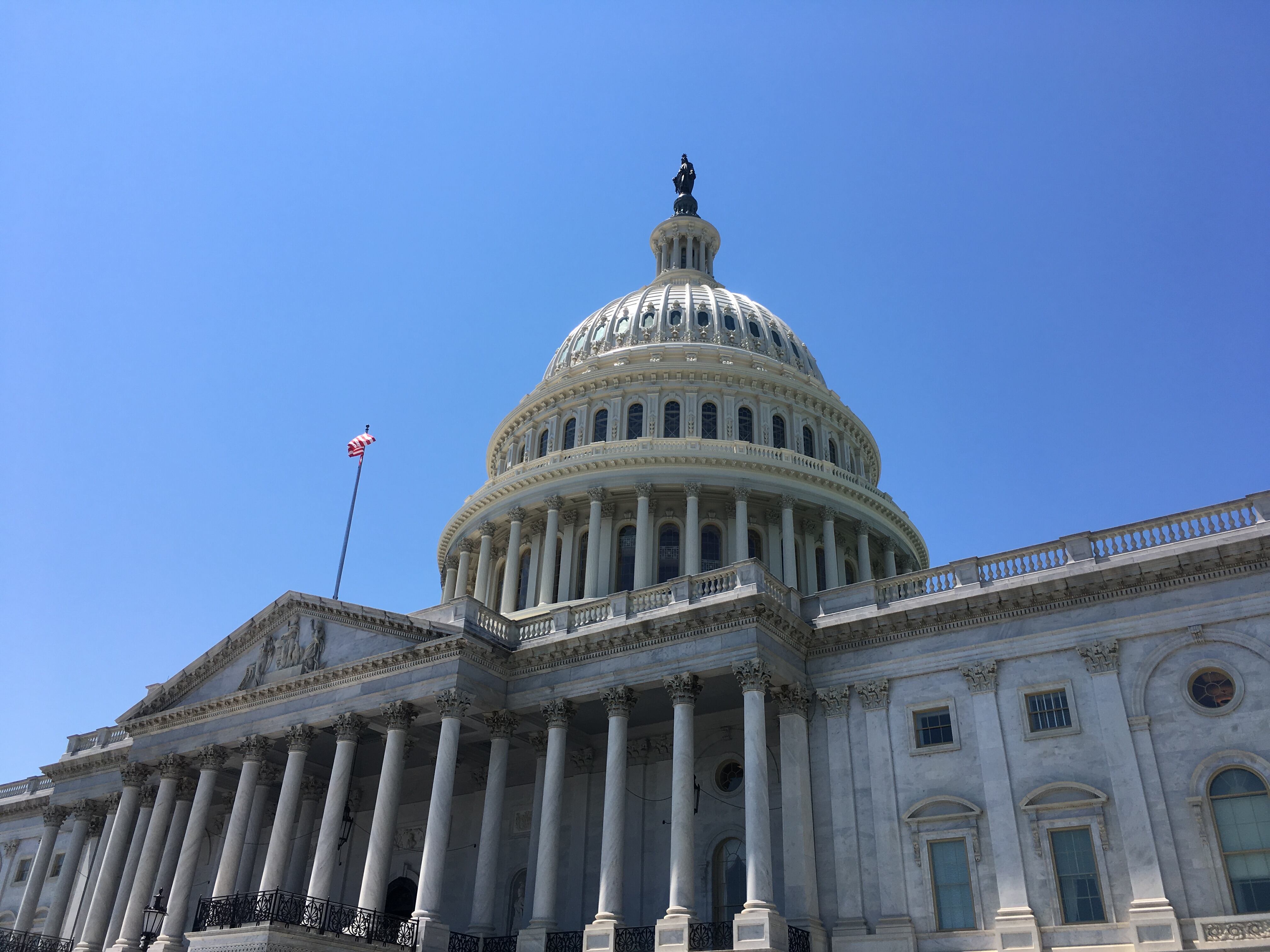Veterans Affairs officials will begin vaccinating some staffers at the National Personnel Records Center in an effort to cut down on mounting backlog of service record requests there, but leaders warned that a permanent fix to the problems are still far off.
During testimony before the House Veterans’ Affairs Committee on Thursday, VA Secretary Denis McDonough said he is using his federal authorities to schedule vaccines for staffers at the NPRC’s Maryland and Missouri sites in an effort to “get them back to work.”
The agency has been operating at severely reduced staffing levels — as low as 10 percent of normal — for the last year.
That has led to a backlog of more than 500,000 records requests, many of which are needed for a host of veterans’ transition issues, including updating medical files, verifying disability claims and filing other benefits requests.
RELATED

“It struck me as crazy that we haven’t gotten the [records administration] folks vaccinated,” McDonough said. “We have the vaccine to do that now. We have signed all that paperwork, and hopefully we’ll be getting some set shots in arms here within the next couple of days.”
NPRC is part of the National Archives and Records Administration, independent of the Department of Veterans Affairs.
However, VA officials have been charged by federal officials with delivering vaccines to a host of federal employees outside their own workforce, and McDonough said he would use that responsibility to speed efforts to get NARA employees vaccinated.
Committee members praised the news. Earlier this week, Senate Veterans’ Affairs Committee Chairman Jon Tester, D-Mont., and ranking member Jerry Moran, R-Kansas, had asked for action from the White House to address the growing backlog problem in the agency.
“The NPRC facility located in St. Louis, Missouri, holds over two million cubic feet of military personnel and medical records. These records only exist in paper form and cannot be accessed electronically by veterans or their families,” the pair wrote.
“Veterans need these records to access VA-administered programs, including health care, education, disability, pension, and burial benefits.”
McDonough said that while vaccine distribution will help reopen the NRPC offices, the recent problems highlight the need for transferring those military records to a computerized system, a process that will likely take significant time and resources.
“We have to get those records digitized, so we’re not stuck in this place again,” he said. “[Congress] has given us some money, both in omnibus last year and in the American Rescue Plan [this month] to allow us to get this stuff digitized, so that we can move it more quickly.”
RELATED

The VA secretary did not offer a timeline for when that project may be finished.
McDonough said he is reviewing a series of backlog issues through VA related to pandemic closures and delays, in an effort to return the department to pre-pandemic operation levels as soon as possible.
VA has administered about 3.3 million doses of vaccines since mid-December, and about 1.5 million veterans have received both doses of the two-shot coronavirus regimen.
Leo covers Congress, Veterans Affairs and the White House for Military Times. He has covered Washington, D.C. since 2004, focusing on military personnel and veterans policies. His work has earned numerous honors, including a 2009 Polk award, a 2010 National Headliner Award, the IAVA Leadership in Journalism award and the VFW News Media award.





